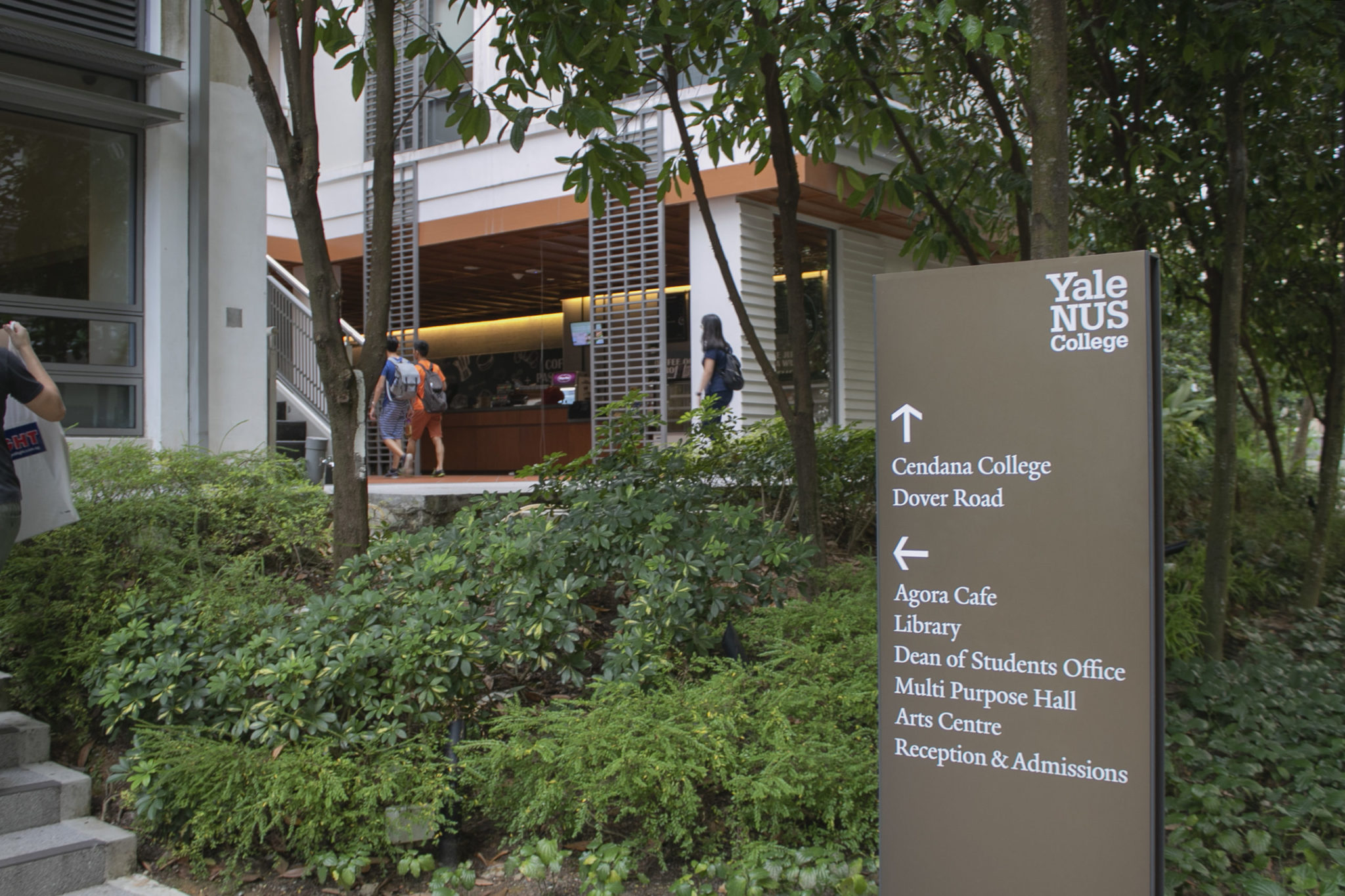University reevaluates global strategy following Yale-NUS closure
Following the closure of Yale-NUS in August 2021, the University has reassessed the future of its global outreach. Yale currently has no plans for a similar project.

Yale Daily News
Following the abrupt closure of Yale-NUS by the National University of Singapore in August 2021, the University does not plan on embarking on a similar global partnership in the near future, according to Vice President for Global Strategy Pericles Lewis.
Lewis said that while the University will not dramatically shift its global strategy, it is unlikely to undertake a campus-building program at a similar scale to Yale-NUS in the near future. He added that the University will maintain its commitment to its various international centers, such as the Yale Center Beijing and the Paul Mellon Center in London, and will continue to engage in cross-border research and faculty collaboration.
“I don’t think we’re going to be opening a big college that’s for thousands of students,” Lewis said. “There are possibilities for sharing education and information, and even some kind of community, through a more diffuse kind of arrangement.”
Lewis noted that the University opened Yale-NUS in a period of increased international collaboration and relative ease of travel, but that the pandemic has made that significantly more challenging. A new project of a similar nature is therefore unlikely.
While the pandemic may have closed certain doors for international collaboration, Lewis explained that the last two years were also a period of increased online collaboration. He pointed in particular to the African Women Leaders program, which used to bring female leaders from the region to Yale for one week, but now hosts events throughout the year.
Carol Li Rafferty, the executive director of Yale Center Beijing, said that there are “around 150 faculty-led research collaborations” in China alone. It is this kind of collaboration that the University has been engaged in for years and will continue to do, according to Lewis.
“I think, potentially, the expertise and knowledge and learning that are here at Yale, could be shared without great expense with a very, very large audience,” Lewis said.
Lewis pointed to the wildly successful online classes taught by Laurie Santos, Robert Shiller and Paul Bloom as models for global cooperation, arguing that those classes were able to spread Yale’s expertise and knowledge without significant and costly commitments.
History professor Arne Westad said that more diffuse international collaboration, exemplified by online classes and faculty-led collaborative research, is far more effective than large-scale projects such as Yale-NUS.
“Top universities here are better off cooperating with strong institutions abroad, rather than trying in a cooperative way of setting up physical campuses abroad,” he said. “I think one of the lessons that we can draw from this [Yale-NUS] is that we are probably better off in the future by trying to do a program by program cooperation.”
But Westad noted that the current tensions between the United States and Chinese governments have made collaboration with Chinese institutions more challenging.
However, he still reaffirmed that the University ought to remain engaged in this kind of work as a way of preserving the U.S.-China relationship as much as possible.
“My belief is that United States-China relations are going to go from bad to worse,” Westad said. “Those kinds of [faculty] connections are crucially important. This is something that we learned from the Cold War, that American universities do better in this kind of situation when they are open to the degree possible for cooperation with other institutions, even in states that we have a strong political rivalry with or even competition.”
Rafferty similarly reflected on the role of the university in times of global competition, saying that it is the mission of the university to be at the forefront of research and teaching and attempting to solve global issues.
She said that Yale’s work in the global sphere should not be abated by political issues.
“Yale’s not going to stop training the best and brightest in a part of the world, just because something’s not going as smoothly as before,” Rafferty said.
Yale-NUS was established in 2011.







